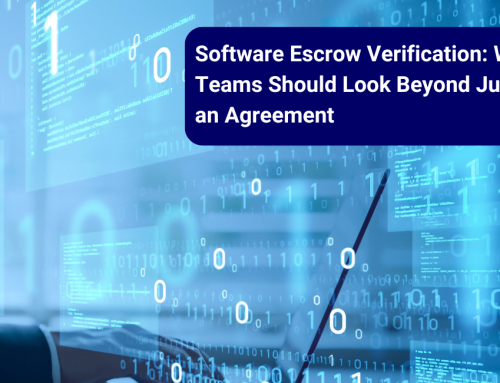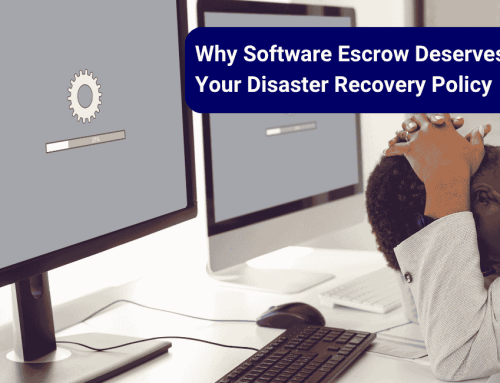The hidden liability of a company director
Company directors and officers assume liability when they take on such an executive role. But what happens to that liability when the director resigns or is fired from the company.
In most countries the former director may be liable for decisions or actions that occurred during the period that they were a director for a period of 5-7 years.
At the time of departure from the company, it would be expected that the former director would be obliged to return or destroy any confidential material including computer files and emails.
The hidden liability comes when a shareholder, employee or another company director takes legal action against the former director and the former director does not have the data, emails or documentation at hand to defend themselves.
Legal Action
Legal action against former directors is not uncommon. One of the most highly publicised cases in England was when the new directors of Equitable Life voted to sue the company’s former directors for the losses it had suffered due to its past policies. In another recent example, Toshiba is suing the past 3 CEO’s and 2 CFO’s for misconduct.
A 2013 survey sponsored by Chubb, found that 27% of private companies and 33% of public companies in the past 10 years experienced a director and officer claim as a result of litigation. Of those claims 38% were employment related and 44% was linked to a shareholder/investor dispute.
Over the years, I have assisted many CEO’s and directors in creating a Director Escrow Agreement. Under these agreements, the confidential data is stored in trust with a release trigger defined on the basis of a claim against the former director in relation to allegations or events during their capacity as a director of the company. In the event of such a trigger, the data and emails would be released to the former director in order to defend themselves.
Contact Escrow London today www.escrowlondon.co.uk : +44 (0) 20 3862 0380








